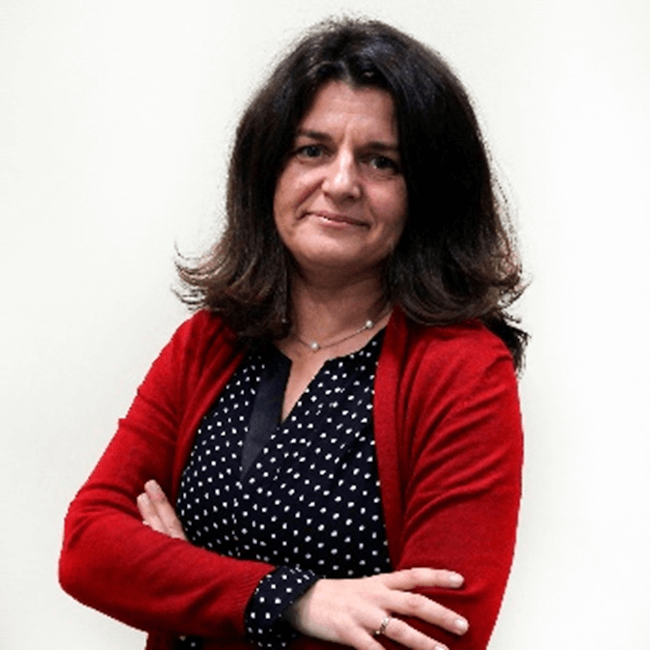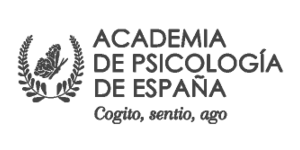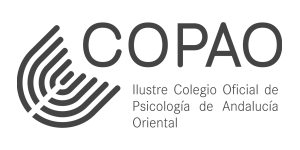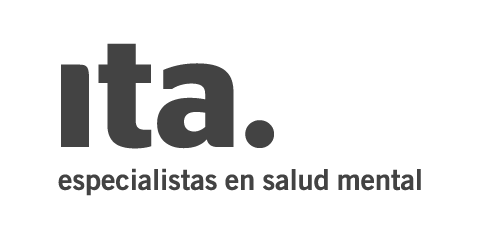Speaker

DIANA ALVES
UNIVERSITY OF PORTO. PORTUGAL
Diana Alves is a professor and researcher at University of Porto. She is also a clinical psychologist at the Service of Psychological Intervention for Children and Adolescents at FPCEUP, where she coordinates the Specialized Unit of Learning Difficulties. She has been a consultant in several interventions implemented in educational contexts aiming to promote the emergent literacy, socioemotional competence of children. She conducts research in the field of developmental psychology, as well as academic, socioemotional competence in children, having published both papers and book chapters.
She is focused on the predictors of school-age children’s peer acceptance. Although the focus of her research is on basic socio-emotional mechanisms of peer acceptance, her work has several educational implications, since it emphasizes the importance of Multi-Tiered System of Supports aiming to promote children’s academic and socioemotional.
She has empowered research experience through participation in some competitive research grants at the European (e.g., Erasmus KA3+ Policy Experiment: proW project) and national levels (FCT-funded AdoPt). She is currently involved in one international research project, the school-wide action-research project Schools2030. Her expertise in SEL, whole-school, and academic competence for children and adolescents will be an asset to this project.
Emotion regulation at school: Links with school adjustment

Emotional regulation is a critical developmental skill that significantly influences children’s school adjustment and social competence. It involves the ability to manage and respond to emotional experiences in ways that are socially appropriate and adaptable to different contexts. In educational settings, emotional regulation supports attention, persistence, and adaptive behavior in the face of academic challenges. Children who effectively regulate emotions such as frustration or anxiety are more likely to engage positively in learning, follow classroom norms, and establish constructive relationships with teachers and peers. These skills contribute to higher academic success and smoother school integration.
From a social perspective, emotional regulation enables children to develop empathy, resolve conflicts, and maintain cooperative relationships. It facilitates the display of prosocial behaviors, such as sharing and helping, which are essential for peer acceptance and the development of stable, supportive social networks. In sum, emotional regulation is a key factor in children’s educational and social success.
This symposium presents findings from four interrelated studies. The first examines early childhood teachers’ emotional regulation strategies (reappraisal and suppression) and their associations with children’s social competence. The second explores teachers’ perspectives on emotional regulation in young children, focusing on salient behavioral indicators and the strategies implemented in daily practice. The third study investigates how emotion knowledge and regulation skills contribute to peer acceptance among Portuguese preschoolers. The final presentation introduces a peer mentoring project designed to support the integration of migrant students, emphasizing the importance of socioemotional competencies in this process. Early support and intervention in emotional regulation are essential for fostering childrens well-being, learning engagement, and interpersonal development.












